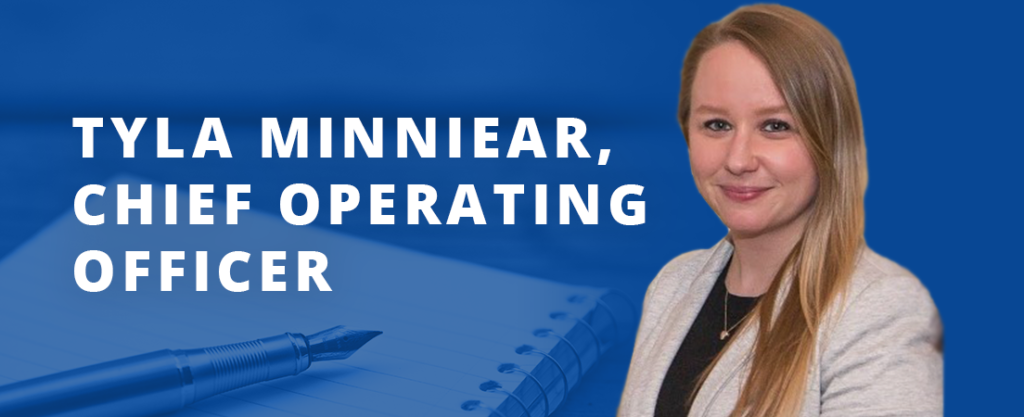Today the Quality Institute released a Guidance Document outlining a strategy for New Jersey to create and retain a resilient and diverse health care workforce for today and for the future.
The Document is based on research of existing health care workforce strategic plans and data collection programs across the country as well as a comprehensive review of our state’s needs. The Document was created with input from over 50 individuals directly engaged in health care workforce education, development, licensing, and recruitment across a range of settings and specialties.
Unfortunately, New Jersey does not have a statewide health care workforce strategic plan. We lack the data to comprehensively understand our current workforce and where gaps exist or will exist in the future. The Guidance Document sets out a plan to create and maintain the necessary data and a governance model for how to harness and use the data for decision-making and investing in health care workforce development and retention.
I urge you to read and share the Guidance Document and to support our efforts to create a similar system in New Jersey. The Document explores three successful workforce development models that collect and use demographic data:
- The Center for Health Workforce Studies (CHWS) in New York
- The New Jersey Collaborating Center for Nursing (NJCCN)
- The Oregon Health Care Workforce Reporting Program
The Guidance Document lays out a plan for how New Jersey could create and deploy something similar for all health care professions.
In other states, the success of their workforce development programs required support from all the health care professions and other impacted constituencies. We will need similar levels of support and engagement here. One step will be to educate people on the value of collecting demographic data of health care professionals— and how we can use that data to ensure we have a culturally congruent and diverse health care workforce to serve New Jersey’s residents.
The document also shares successful recruitment programs starting as early as middle school and high school for young people to learn about and connect to careers in health care. These programs, some of which exist in New Jersey, would benefit from coordinated outreach efforts.
The Guidance Document builds on work we released last year, Emerging From COVID-19: An Action Plan for a Healthier State. All of the stakeholders who contributed to the Action Plan agreed that we needed to focus on the resiliency and diversity of our health care workforce. As we continue our focus, we hope you support our work and join us in this important goal. We also thank the Robert Wood Johnson Foundation for funding the creation of the Guidance Document and for its commitment to improving health care for everyone.

